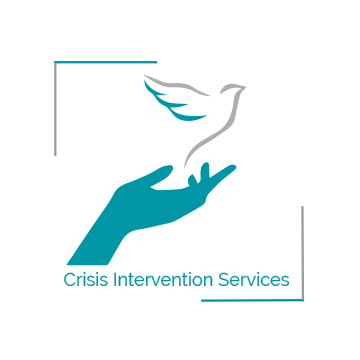CIS Violent Crime Services
Counties Covered with CIS Violent Crime Services
Appanoose, Davis, Jasper, Mahaska, Marion, Monroe, Lucas, Wapello and Wayne Counties
What do we do?
We work with families of homicide victims, as well as victims and survivors of other violent crimes. We aim to ensure survivors’ rights, safety, and healing are given priority and quality care. We understand these traumatic events often carry great physical, emotional, and financial harm. Our Violent Crime (VC) Advocates can work with victims and survivors as long as needed. Our services are completely free and confidential. Because we’re mobile, we can travel to meet with you. If you’re unable to get to our office, we’ll come to you.
What do we mean by “services”?
Our advocates help people throughout the court process by attending trials and communicating with law enforcement. We’re also able to help people through some emotionally challenging aspects of experiencing homicide, like listening to 911 calls and reviewing body cam footage from the responding officers. We help victims of violent crimes navigate trials, apply for crime victim compensation, regain emotional stability, and much more.
What are “Other Violet Crimes”?
|
|
“Rights For Crime Victims”
The Right to a Victim Advocate
- You have the right to request the presence of a victim advocate, as defined in Iowa Code section 915.20A, at any proceeding related to the assault, including medical examination.
- A crime victim, law enforcement officer, prosecutor, or medical provider can locate a victim counselor or advocate by contacting a local victim service program, the county attorney’s office, or the Attorney General’s Victim Assistance Section.
The Right to Crime Victim Compensation
- The Attorney General’s Crime Victim Compensation Program pays certain out-of-pocket expenses an eligible victim has as a result of injury or death from crime.
- Funds for this program come entirely from fines and penalties paid by offenders.
- For information, or to file an application, call the Crime Victim Compensation Program toll-free at (800) 373-5044 or, in the Des Moines area, at 281-5044.
The Right to Notification
- Crime victims have the right to register in writing with the county attorney’s office for written notification about the status of the criminal case.
- Law enforcement is required to tell a crime victim of the right to register with the county attorney’s office and provide the victim with a “request for registration” form.
- A crime victim must complete and submit the “request for registration form” to the county attorney who is prosecuting the case in order to receive criminal justice system statutory notification.
- The county attorney will forward copies of “request for registration” form to other justice system agencies including the sheriff, clerk of court, Attorney General’s Criminal Appeals Division, Department of Corrections, and the Board of Parole.
- Justice system agencies will provide written notification to a registered crime victim regarding the status of the criminal case and a convicted offender.
The Right to Automated Notification
- All crime victims and the public may register with IowaVINE for automated notification about an offender incarcerated in a county jail or the Iowa Department of Corrections. IowaVINE will send notifications by text, email, or telephone and has live operators 24/7/365.
- IowaVINE is a program of the Attorney General’s Victim Assistance Section.
The Right to Restitution
- At sentencing, a judge may order the convicted offender to pay the crime victim restitution for crime-related expenses.
- The crime victim submits a record of their out-of-pocket expenses related to the crime to the county attorney who will submit the information to the judge. The judge may order restitution paid to the crime victim.
- A judge must order an offender to pay $150,000 to the estate of a deceased victim when the offender is guilty of causing the death in addition to any restitution ordered for the victims for out-of-pocket expenses
The Right to Make a Victim Impact Statement
- A crime victim has the right to submit a Victim Impact Statement (VIS) to the judge for consideration at sentencing.
- The VIS is a victim’s opportunity to tell the judge and the offender about the physical, emotional, spiritual, and financial effects of the crime on them and their family.
- A crime victim may seek assistance from a victim counselor or advocate in preparing the VIS.
- The offender must be present for the VIS.
- The VIS may be stated orally or in writing.
- When presenting the VIS, a crime victim or their representative cannot be questioned by the offender or the defense attorney.
